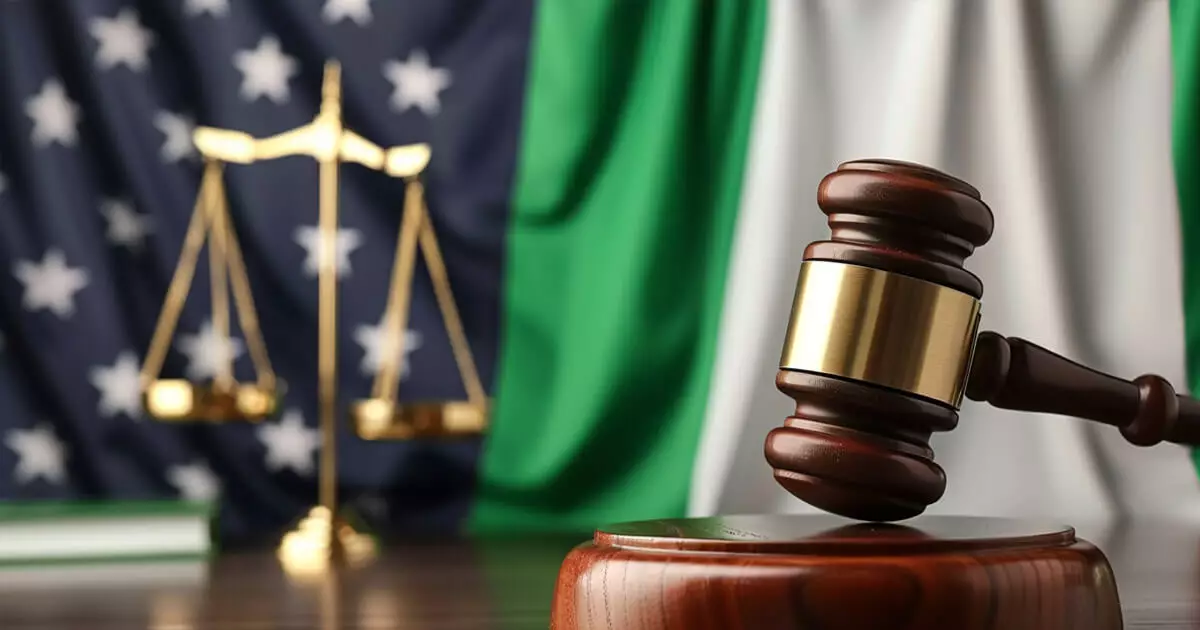In recent years, the surge of cryptocurrency usage has brought both opportunities and challenges to nations worldwide. The United States and Nigeria have recognized the necessity to respond to the increasing prevalence of cryptocurrency-related crimes and illicit financial activities. On October 23, they announced the formation of a Bilateral Liaison Group aimed specifically at tackling these issues in a more targeted and collaborative manner. This initiative underscores a joint commitment to bolstering the capabilities of both countries in combating cybercrime.
The rise of cryptocurrencies has had profound effects on global financial ecosystems. Nigeria has emerged as the world’s second-largest adopter of cryptocurrencies, demonstrating a significant leap in the overall digital finance landscape across Sub-Saharan Africa. Such extensive adoption can facilitate seamless transactions and provide financial access to unbanked populations. Conversely, it also attracts nefarious actors who exploit these systems for fraudulent schemes. The US, meanwhile, is home to extensive institutional engagement with cryptocurrencies, particularly with Bitcoin and Ethereum exchange-traded funds (ETFs). This contrasting backdrop sets the stage for a necessary partnership focused on promoting a secure and regulated environment for cryptocurrency transactions.
The Bilateral Liaison Group will operate as a strategic platform for both nations to share intelligence, design cohesive strategies, and enact measures aimed at disrupting illicit financial networks. The initiative is informed by alarming statistics released by TRM Labs, indicating that illegal funds within the crypto sphere dramatically decreased to $34 billion in 2023—a significant reduction that suggests progress, yet still highlights the scale of the ongoing problem. The ability of cryptocurrencies to facilitate swift and inexpensive cross-border transactions adds complexity to enforcement efforts, making international cooperation essential.
A crucial aspect of the Bilateral Liaison Group’s agenda is the commitment to strengthen investigative capabilities and promote effective intelligence sharing. This includes the development of regulatory frameworks and the introduction of advanced monitoring tools tailored to track and scrutinize crypto transactions tied to illegal activities. Furthermore, the partnership aims to not only empower law enforcement bodies in Nigeria through specialized training but also to enhance public awareness regarding the potential risks and benefits of cryptocurrencies.
If successful, the model established through the Bilateral Liaison Group may pave the way for similar partnerships between the US and other nations. In an increasingly interconnected world, collaborative efforts will be vital in addressing the challenges posed by the rapidly evolving landscape of digital finance. As the Bilateral Liaison Group takes shape, it reflects an adaptive approach to governance and law enforcement in the age of cryptocurrency—aiming for a regulatory environment that balances innovation with consumer protection and security. Ultimately, this initiative not only showcases the commitment of both nations to combat financial crime but also contributes to shaping a safer future for digital finance globally.















